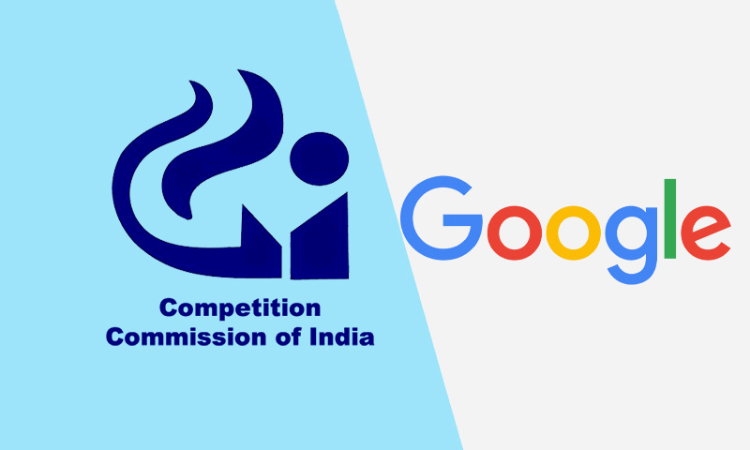On Friday, the Competition Commission of India directed a probe against Google with respect to allegations of abuse of dominant position raised by Digital News Publishers Association. The Association had filed information under Section 19(1)(a) of the Competition Act, 2002 ("Act") against Alphabet Inc., Google LLC, Google India Private Limited and Google Ireland Limited.Noting that...

